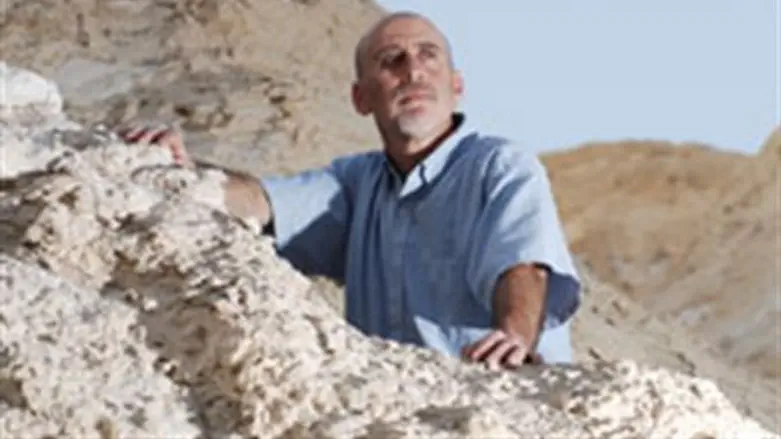
A four-day international conference in the Negev is aimed at helping 200 million people around the world threatened by poverty and hunger. More than 50 countries will be represented at a four-day international conference in the Negev that is aimed at helping 200 million people around the world threatened by poverty and hunger.
The third annual conference, with the unwieldy title of “Conference on Drylands, Deserts and Desertification: The Route to Restoration,” opens Monday at Ben Gurion University’s campus in Sde Boker, located between Be’er Sheva and Eilat.
More than 500 government officials and academics, including those from the Palestinian Authority and Jordan, will participate. The conference is co-sponsored by the Arava Institute for Environmental Studies and the United Nations Educational, Scientific and Cultural Organization (UNESCO).
"If you do nothing about desertification, people will starve and die," said Prof. Alon Tal, Arava Institute founder, Ben Gurion professor and native of North Carolina.
Israel's success in rehabilitating the Arava desert has attracted worldwide attention to the Jewish State, where 97 percent of the land is arid. Israel has not only "made the desert bloom,” it also has also invested major resources in learning how to keep dry lands from overtaking fertile soil.
With increasing worldwide soil erosion, salinization and groundwater mismanagement, Israel wants to share its solutions with the world.
"If you do nothing about desertification, people will starve and die," asserted Prof. Tal. “Desertification” has been "the orphan of global environmental problems on our planet" because it was not high on most nations' list of priorities, he added.
"We believe that by bringing a diverse group of academics, professionals and policy-makers together to confront the myriad critical issues of desertification, the BGU conference can serve as a meaningful catalyst for cooperative and collaborative projects in the future at the global level.”
Delegates will discuss the public health aspects of desertification; sustainable building in desert environments; remote sensing to assess how flora are responding to anti-desertification attempts; grazing and the Bedouin community; the future of the Dead Sea; environmental education and dry-land agriculture; and soil and water restoration.
Parts of the Negev desert have been transformed into a productive breadbasket, actually reducing the desert's size significantly since 1948. Jewish National Fund (JNF) -KKL (Keren Kayemet L'Israel) -planted forests are thriving and salt- and drought-resistant crops are flourishing as a result of advanced agricultural methods. The desert is dotted with commercial fish ponds and with healthful algae used for manufacturing pharmaceuticals and health foods.
Prof. Tal stated that algae grow better in dry areas, one example of how the desert setting offers advantages. Arid spaces are also perfect settings for solar and wind power, as well as trails for hiking.